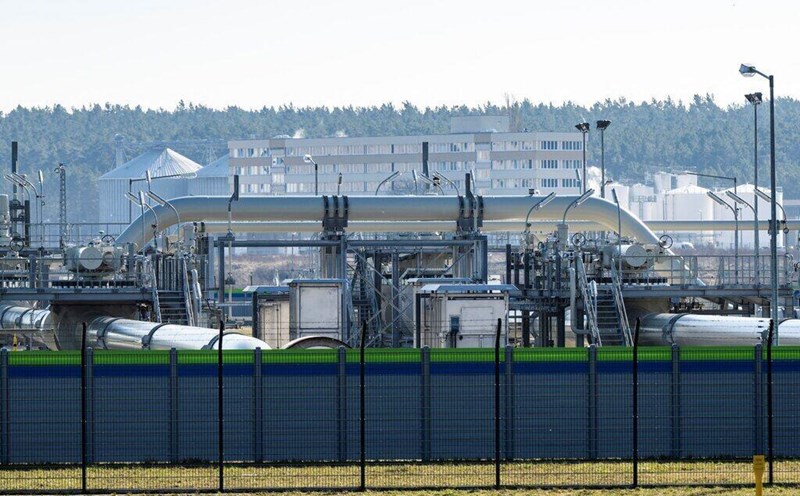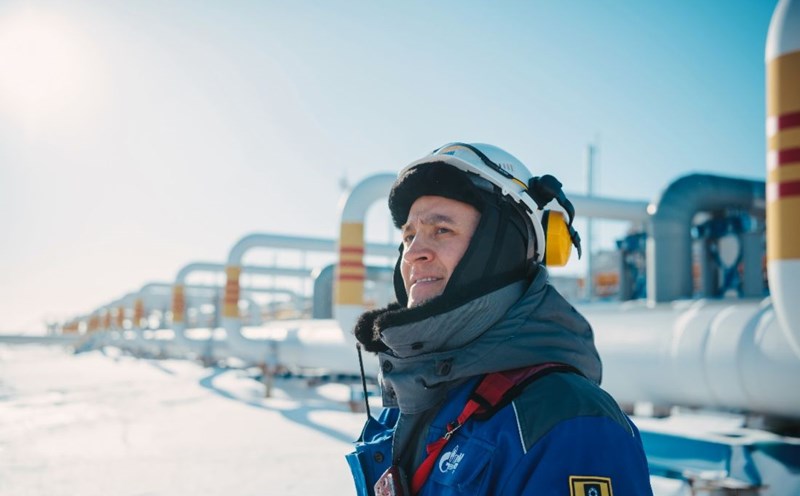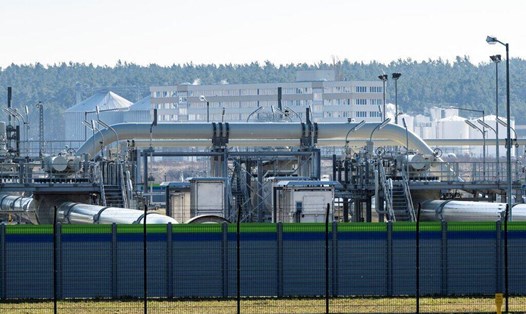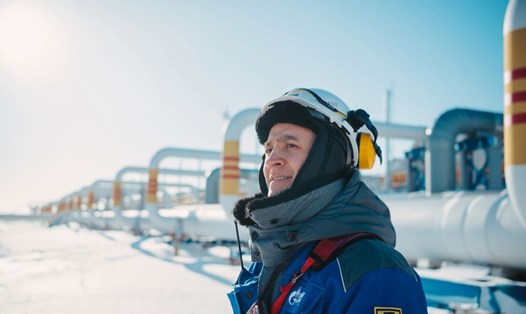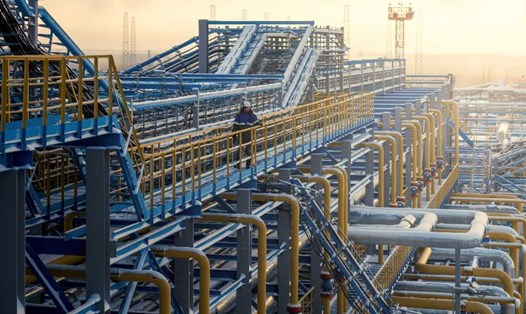Reuters reported that Russian and Iranian officials have confirmed that the two sides have reached a preliminary agreement on Moscow supplying 55 billion cubic meters of Russian gas per year to Tehran and funding the construction of a new nuclear power plant in Iranian territory.
Although the specific price has not been set, the scale of this cooperation is considered a big step forward in the strategic relationship between the two countries, both of which are under pressure from the West.
The above information was given in the context of the US and its allies seeking to isolate Iran from international resources, and at the same time asking Tehran to accept a new nuclear deal.
According to Iran's Shana news agency, Oil Minister Mohsen Paknejad, during his visit to Moscow this week, confirmed an agreement to supply 55 billion cubic meters of gas per year. At the same time, a new nuclear power plant in Iran will also be built, using credit directly funded by Russia.
The deal is assessed to be equivalent to the amount of gas Russia exported via the Nord Stream pipeline to Europe before the system was damaged in 2022.
Along with the gas commitment, Iran is also expected to sign a $4 billion contract with Russian companies to develop seven domestic oil fields.
Another notable point in this cooperation is the plan to establish a regional gas distribution center in Iran, with the potential participation of Qatar and Turkmenistan.
The idea has been discussed by Russia and Iran for many years but now seems to have been accelerated, as both need new markets outside the reach of the West.
Russian Energy Minister Sergei Tsivilev added that Russia plans to supply about 1.8 billion cubic meters of gas to Iran this year, while a total of 55 billion cubic meters will be deployed according to a long-term roadmap.
Since the outbreak of the Ukrainian conflict in 2022, Russia has been actively seeking new strategic partners to compensate for the decline in trade with Europe. In January, Moscow and Tehran signed a Strategic Partnership Treaty to promote comprehensive cooperation, from energy, military to science and technology.

On the Iranian side, despite having the world's second largest gas reserves after Russia, it still has to import gas from Turkmenistan due to a lack of infrastructure investment, partly due to the decades-long US embargo.
Analysts say the Russia-Iran energy alliance could challenge the current situation in the world oil and gas market, especially as both countries are important members of OPEC+.
However, risks remain: transporting large volumes of gas via safe routes to Iran is a difficult problem; along with that, concerns about the possibility of Iran accelerating its nuclear program will make the West react more strongly, pushing the Middle East into a new state of tension.
However, in the short term, the deal shows an undeniable reality - that efforts to isolate the economy of Russia and Iran are pushing the two countries closer together, drawing a new energy axis.

